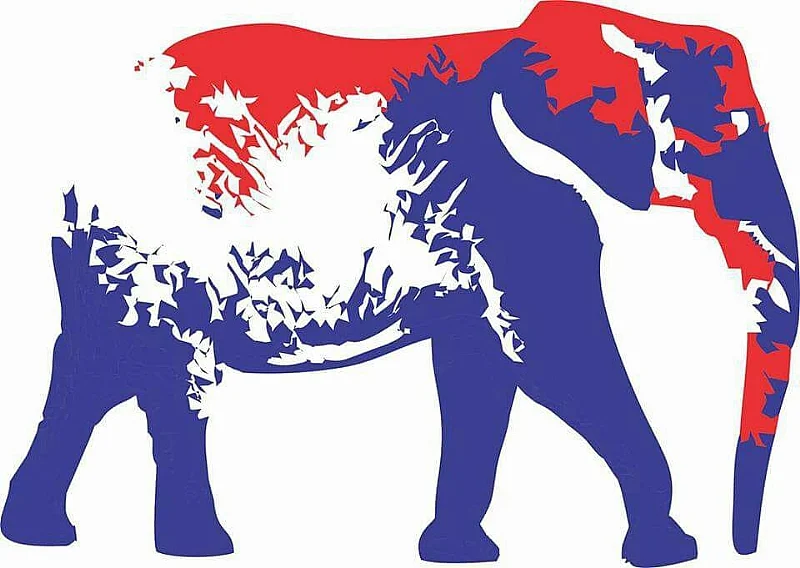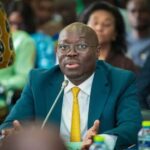The trajectory of Ghana’s United Party (UP) tradition exemplifies how political identities can be forged and distorted by external forces. Emerging in the turbulent aftermath of independence, the UP’s origins were shaped not by ideological conviction but by necessity. Following Ghana’s independence on 6 March 1957, the government under Kwame Nkrumah’s Convention People’s Party (CPP) enacted the Avoidance of Discrimination Act (1957). This legislation prohibited political organizations rooted in ethnic, regional, or religious affiliations, aiming to dismantle factionalism. The law rendered existing parties including the Northern People’s Party, Muslim Association Party, National Liberation Movement (NLM), and others illegal by year’s end. Faced with extinction, these groups coalesced under the leadership of NLM’s Kofi Abrefa Busia to form the United Party.
From its inception, the UP found itself cast as the primary opposition to the CPP’s dominance. Its identity became inextricably tied to resisting the excesses of Nkrumah’s government, a role that persisted even after the UP tradition briefly assumed power in 1969 under Prime Minister Busia. However, this period was short-lived. The 1972 coup by Colonel Ignatius Acheampong plunged the UP into a prolonged political wilderness. When it reemerged in 1979, fragmentation had weakened its cohesion: the tradition splintered into the Popular Front Party (PFP) and United National Convention (UNC), both of which faltered against the Nkrumahist People’s National Party (PNP) in elections that year.
The 1981 coup by Jerry Rawlings and the subsequent Provisional National Defence Council (PNDC) regime further entrenched the UP tradition’s reactive identity. As the principal opposition to military rule, it shouldered a dual burden: opposing both Nkrumahist socialism and Rawlings’ authoritarian populism. Over time, this adversarial stance overshadowed its founding principles. Originally a center-right movement advocating libertarian and capitalist ideals, the UP tradition gradually shed its ideological core. Its raison d’être devolved into mere opposition, first to Nkrumahism, then to Rawlings, rather than advancing a coherent vision for governance.
This ideological vacuum has had profound consequences. Many within the UP tradition now struggle to articulate its foundational values, reducing its purpose to the pursuit of power. Critics, including some of its own adherents, dismissively question whether ideology can sustain a political movement, reflecting a broader cynicism. The party’s transformation into a vehicle for elite enrichment, devoid of shared principles to guide national development, underscores a stark departure from its origins. Once a coalition born of legal necessity and democratic aspiration, the UP tradition now risks being remembered not for what it stood for, but merely for what it stood against—a cautionary tale of how circumstance can erode political identity.
Yoosi Banlow
Wailing from Kwasiminstim




